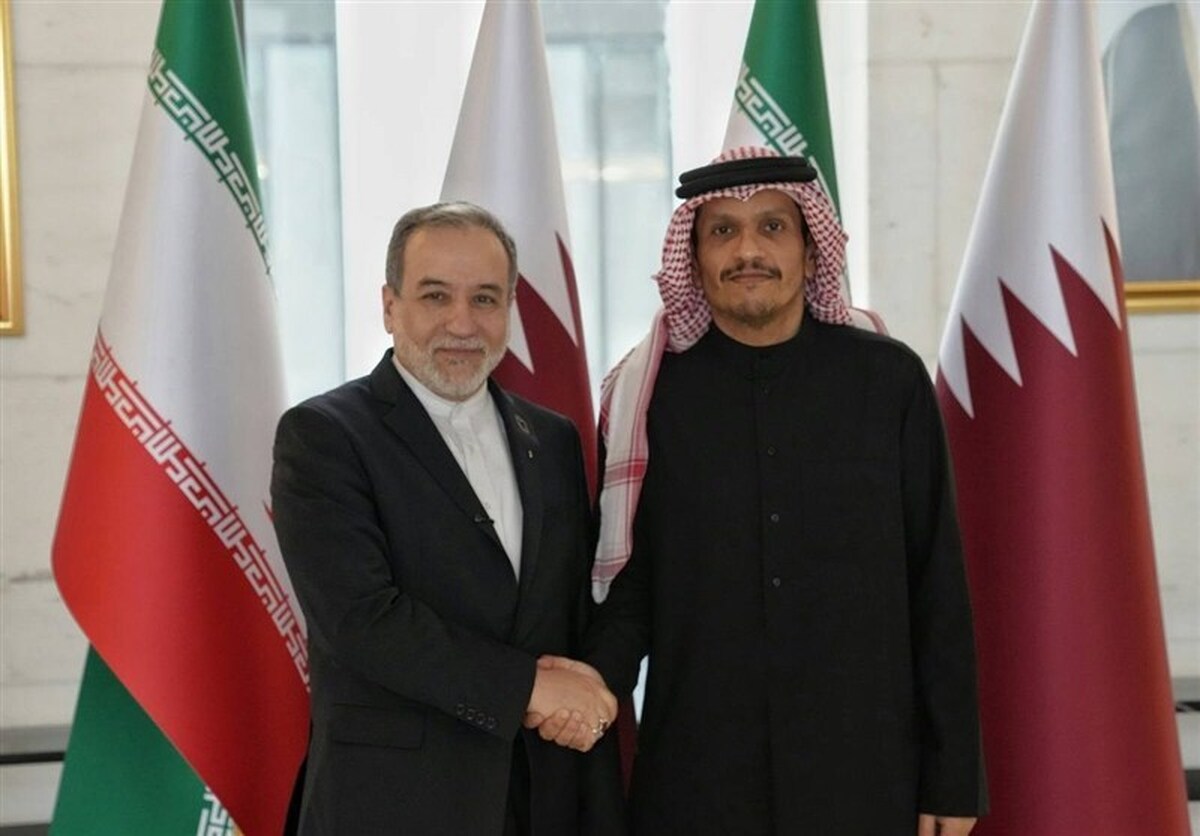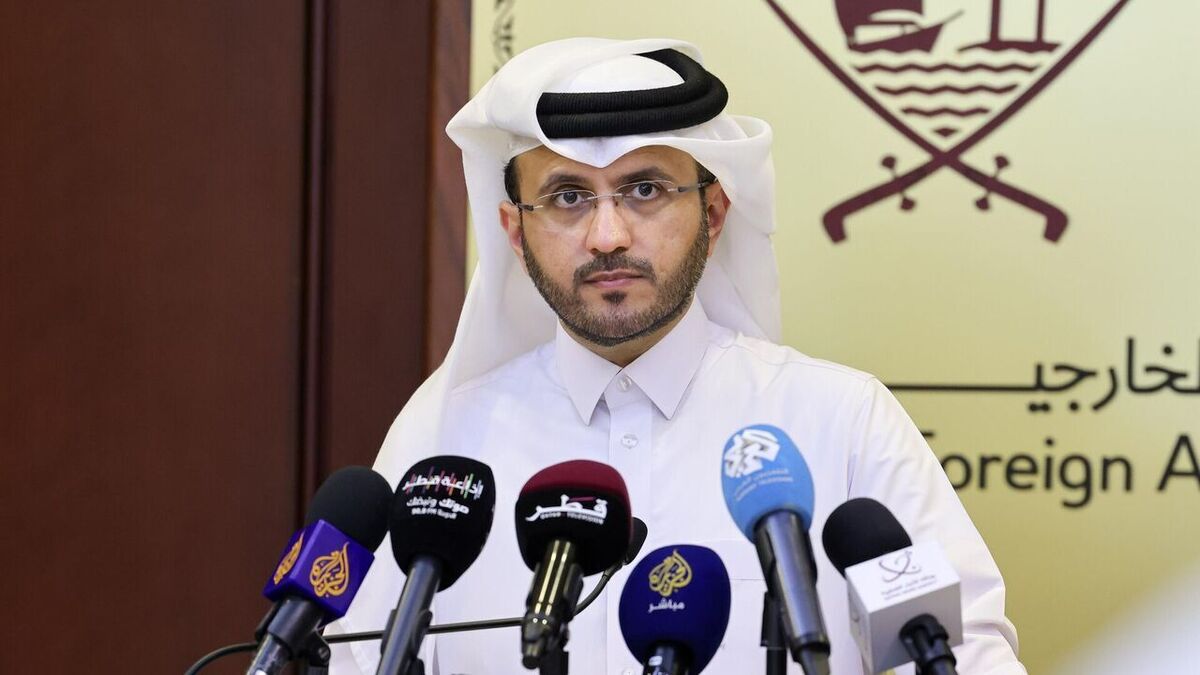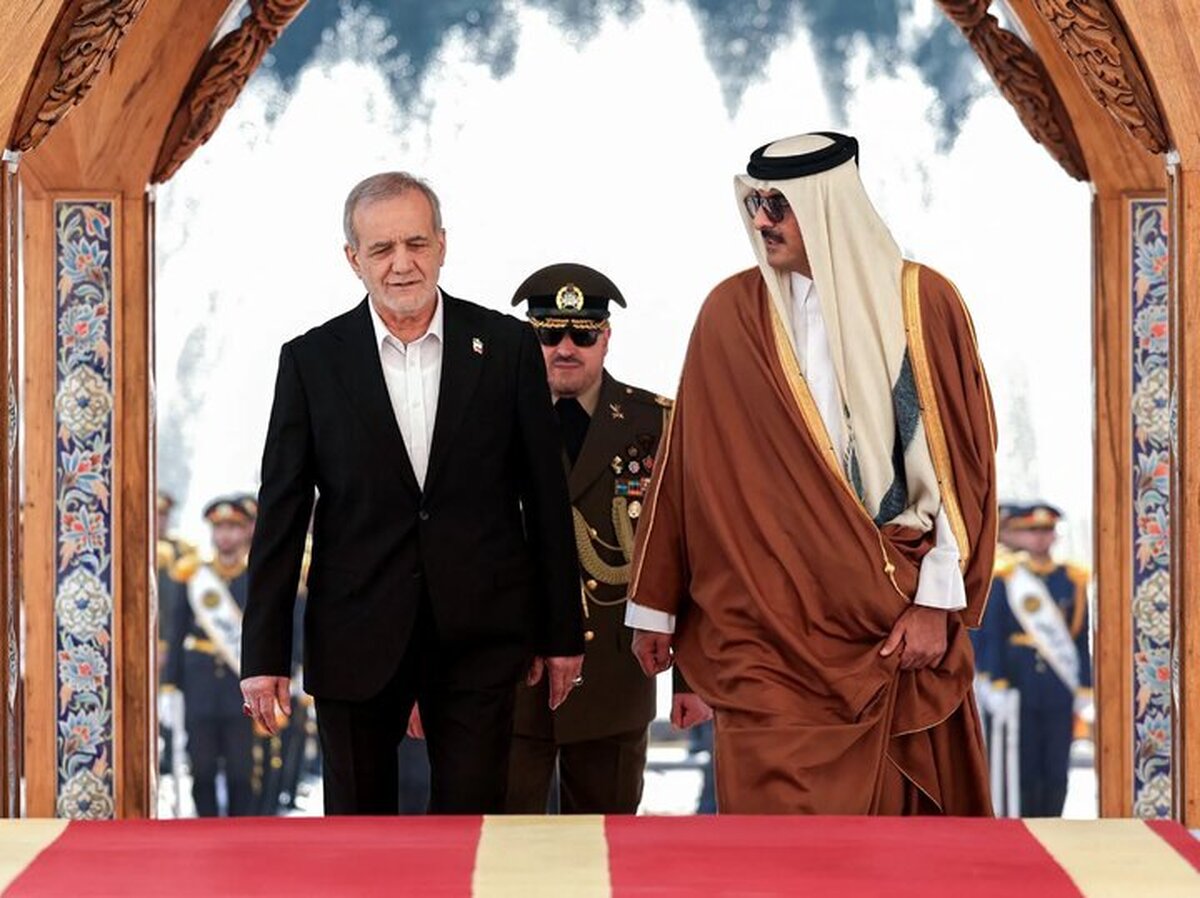
Iran-Qatar Trade Reaches $130 Million Over Nine Months
EghtesadOnline: Iran and Qatar traded 1.09 million tons of commodities worth $130 million during the first nine months of the current Iranian year (March 20, 2020-Jan. 19), showing a 31% decline in value compared with the similar period of last year, according to the chairman of Iran-Qatar Chamber of Commerce.
“Iran’s exports amounted to 1.08 million tons worth $125.19 million, registering a 30% YOY fall,” Adnan Mousapour was also quoted as saying by Fars News Agency.
“Problems in Iran’s international financial transactions and lack of direct shipping lines between the two countries are the main reasons for the decline in Iran’s exports to the neighboring Qatar.”
Gholamhossein Shafei, the head of Iran Chamber of Commerce, Industries, Mines and Agriculture, says there is ample capacity for the two sides to expand cooperation in the fields of construction, shipping, transit, tourism, petrochemicals, energy, hospitality, food and dairy production, seafood, pharmaceutical and medical equipment.
Economically Drawn Closer
Iran and Qatar have been forging stronger economic ties ever since a number of Arab states led by Saudi Arabia abruptly severed diplomatic relations with Doha in June 2017 and imposed a blockade on the Persian Gulf country, accusing it of supporting terrorist groups.
The Qatari government has denied the allegation as baseless, blasting the blockade as unjustified and a violation of international law. Following the development, Iranian exporters have vied for the Qatari market in the absence of Doha's traditional Arab partners.
Qatar shares the world's largest natural gas field with Iran.
Qatar's outgoing ambassador to Iran, Ali bin Hamad al-Sulaiti, thanked Tehran for its assistance to Doha one year after diplomatic and economic sanctions were imposed on Qatar by Saudi Arabia, the UAE, Bahrain and Egypt.
“The Islamic Republic of Iran pioneered aid and humanitarian assistance to the Qatari government and tried to reduce the negative impacts of the siege on Qatari citizens. It opened its airspace to the Qatari planes and rapidly sent foodstuff to make up for the abrupt cut in export of goods by the four countries. It also provided a passage for transferring goods by many countries to the Qatari government,” Sulaiti wrote in a memo.
Weeks after the United States imposed unilateral sanctions against Iran in 2018, Qatar Airways announced plan to expand operations in Iran.
Qatar Airways started a direct flight between Doha and Isfahan on Feb. 4, 2019.
Qatar Airways is among top 10 airlines capable of connecting Isfahan airport to 160 world destinations. Isfahan's Shahid Beheshti Airport is the fourth Iranian airport hosting planes from the Qatari flagship airliner.
The airways' new route to Isfahan comes on top of the airline's other destinations in Iran, namely Tehran, Shiraz and Mashhad.
“With its incredible, age-old architecture and bustling traditional bazaars, we are thrilled to announce Isfahan as Qatar Airways’ fourth-service gateway into Iran. Isfahan is a city that is not only steeped in history, but one that has also emerged in recent years to combine its rich cultural heritage with modernity, making it one of Iran’s most fascinating, colorful and lively places for international visitors. We are also delighted to announce that we are increasing our weekly services to both Shiraz and Tehran in January,” Qatar Airways Group Chief Executive, Akbar Al Baker, has been quoted as saying.
“These latest launches are further evidence of Qatar Airways’ commitment to Iran, as well as the expansion of our network in this thriving market to provide greater connectivity to both business and leisure passengers alike,” he added.
Joint Economic Commission in Isfahan
The Seventh Iran-Qatar Commission for Economic Cooperation was held in November in the Iranian province of Isfahan where the two sides signed a memorandum of understanding to expand ties in a host of fields.
The event was attended by Qatari Minister of Commerce and Industry Ali bin Ahmad Al-Kuwari (co-chairman of the commission), Qatar’s Ambassador to Iran Mohammed bin Hamad Al-Hajri and Chairman of Qatar Chamber of Commerce and Industry Khalifa bin Jassim Al-Thani, IRNA reported.
On the Iranian side, Energy Minister Reza Ardakanian (co-chairman of the commission), Gholamhossein Shafei, president of Iran Chamber of Commerce Industries, Mines and Agriculture, officials from foreign, economic and industries ministries as well as representatives of Iran’s private sector took part in the one-day forum.
During the event, the two sides signed an MoU to expand bilateral interactions in the fields of joint investments, commerce, electricity, water and sewage, gas, tourism, cultural heritage, handicrafts, pharmaceuticals and medical equipment, higher education and scientific research, transportation, ports and railroads, telecommunications and submarine optical fiber cables maintenance and repair.
Other agreements were made for the two countries to dispatch economic attachés to start activity in their respective embassies, transfer knowhow in agronomy, animal husbandry and fisheries, expand environmental cooperation and found a joint taskforce for attracting Iranian workforce into the Qatari job market.
Ardakanian told ILNA on the sidelines of the forum that Iran-Qatar’s joint commission was to be held last month, but due to restrictions caused by the outbreak of the coronavirus pandemic, it had to be postponed and fewer officials and businesspeople took part in compliance with health protocols.
“We agreed to form technical committees and hold periodical meetings to further collaborations in different fields. Iran has ample capacity in the field of technical and engineering services and Iranian experts in the field can offer their expertise in the Qatari market, especially in energy, electricity, water and water purification systems.”
The Iranian minister noted that the leaders of the two countries are eager to expand ties in all possible areas and given the hardship Iran and Qatar are experiencing after the spread of the pandemic and with Iran suffering under US economic sanctions, an increase in bilateral commercial and financial interactions between the two neighboring states seems all the more necessary.
According to Qatar's daily newspaper The Peninsula, Kuwari praised the outcome of the meeting, which has contributed to increasing the level of bilateral cooperation in all fields.
Ardakanian said the topics discussed and agreed upon reflect the commitment of both sides to enhance bilateral cooperation for promoting development in the two countries.




